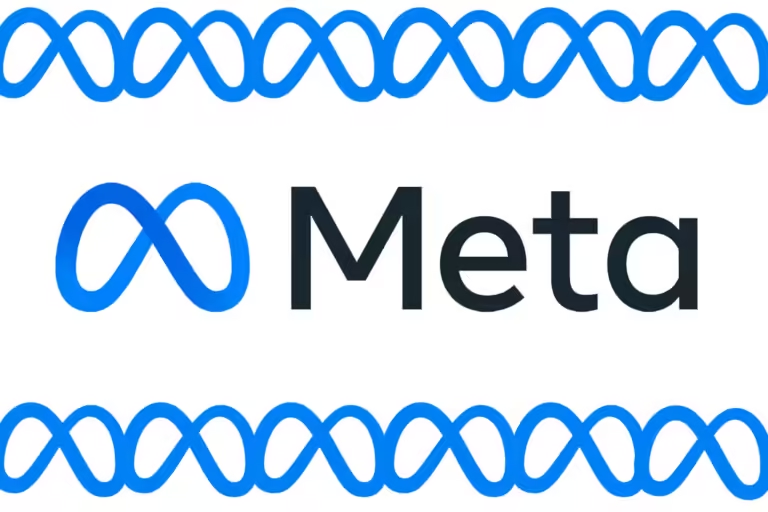
Meta Collaborates with AI Experts to Launch Open Electrocatalyst Database
Meta, the University of Toronto, and VSParticle are utilizing AI to create an open-source database of electrocatalysts, which is expected to accelerate the energy transition.
AI and advanced materials testing were used to quickly make an open-source database of electrocatalysts that could be very important for the energy transition. The University of Toronto, Meta, and VSParticle (VSP) conducted the study.
We named it Open Catalyst Experiments 2024 (OCx24). In just a few months, the project found, made, and tested 525 catalyst materials. Experts claim that these materials play crucial roles in carbon capture, hydrogen production, and battery understanding.
The Fundamental AI Research (FAIR) team at Meta has been working to speed up the search for electrocatalysts, but they don’t have access to the large and varied datasets that AI needs to work well. OCx24 attempted to address this issue by creating an open-source database that facilitates the connection of various types of data.
“This partnership is a big step forward in finding new materials,” said Larry Zitnick, research director at Meta AI. It makes a big difference in how well we can guess and confirm materials that are important for solar energy. The electrocatalyst results show how AI can be used in real life to solve important climate problems.
Meta’s FAIR team found 525 materials that had a lot of potential for CO2 Reduction Reactions (CO2RR). They used a VSP-P1 nanoprinter to make them. Spark ablation was used to turn the materials into vapor, which was then deposited as thin, nanoporous films. We showed these films to researchers at the University of Toronto and observed their performance in various work environments.
AI Models Learn and Improve with Database
Researchers put the results into a database to compare the AI predictions to real-world results. This helped them find hundreds of possible low-cost catalysts for important reactions. The researchers claim that they can now use the results to teach AI models new things and improve them.
Aaike van Vugt, co-founder and CEO of VSParticle, said, “By making unique electrocatalysts at an unheard-of speed, our partnership with Meta and the University of Toronto is not only helping to prove years of theory, but it’s also shortening the time between discovery and application, breaking down a barrier that has held back advanced materials for decades.”


